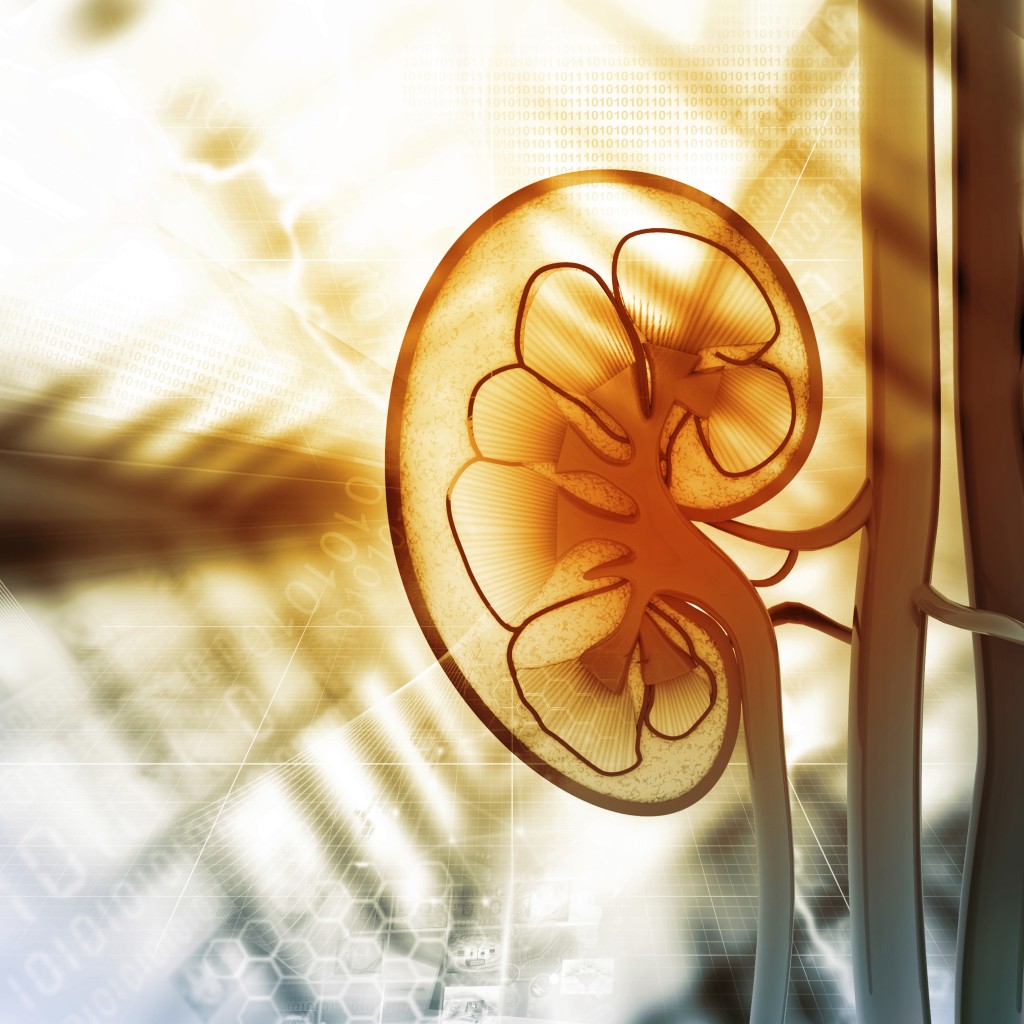According to Donate Life America, “Another person is added to the nation’s organ transplant waiting list every 10 minutes. Sadly, 8,000 people die each year – 22 people each day – because the organs they need are not donated in time. The average waiting time for a kidney from a deceased donor is 3 to 5 years.”
There is an alternative to waiting for a deceased donor. Individuals who need a kidney or liver transplant can obtain an organ from a living donor. Healthy individuals who would like to donate a kidney, can live a normal life with one kidney, and healthy individuals who want to donate part of their liver, give part of their liver, and then their own liver grows back. Kind of like a starfish! So what happens if you can’t find a friend or family to be a living donor for you?
Welcome to the Scary Reality of Black Market Organ Trafficking

Organ trafficking is an illegal, yet thriving trade around the globe. Illegal organ trade generates profits between $514 million to $1 billion a year. The poor and uneducated in countries such as India, China, and Nepal are the most vulnerable to falling victim to the trade. Poor women are a major target. The black market is driven in part by the incredible imbalance between supply and demand for legal organs. As a result, these countries have become popular destinations for people wanting to avoid waiting lists and get a quick transplant.
According to the United Nations, “Trafficking in organs is a crime that occurs in three broad categories. Firstly, there are cases where traffickers force or deceive the victims into giving up an organ. Secondly, there are cases where victims formally or informally agree to sell an organ and are cheated because they are not paid for the organ or are paid less than the promised price. Thirdly, vulnerable persons are treated for an ailment, which may or may not exist and thereupon organs are removed without the victim’s knowledge. The vulnerable categories of persons include migrants, especially migrant workers, homeless persons, illiterate persons, etc. It is known that trafficking for organ trade could occur with persons of any age. Organs which are commonly traded are kidneys, liver and the like; any organ which can be removed and used, could be the subject of such illegal trade.”
Organ Trafficking in China
Laws banning transplant tourism to China are already in place in Israel and Spain and are being debated in many other countries. That being said, it is reported that 10,000 organs are transplanted in China every year. That would not be alarming, however a tiny percent of Chinese are signed up as organ donors. So where are all of these organs coming from?
“Somebody’s being killed for the organ,” human rights lawyer David Matas says. “There’s no other way to explain what’s happening.”
Matas believes that many of the organs come from members of the Falun Gong movement – a group whose moral philosophy is centered on the tenets of truthfulness, compassion, and forbearance (Chinese: 真、善、忍). This group of 70-100 million members was banned by the Chinese Government in the late 90s. According to Wikipedia, “Falun Gong practitioners in China are reportedly subject to a wide range of human rights abuses: hundreds of thousands are estimated to have been imprisoned extrajudicially, and practitioners in detention are subject to forced labor, psychiatric abuse, torture, and other coercive methods of thought reform at the hands of Chinese authorities.”
A former hospital employee who has since left China said “I testify to the atrocious crime that the hospital committed in removing livers and corneas from living Falun Gong members. Some of them were still alive when they were secretly burnt in the incinerator that was in the boiler room.”
Organ Trafficking in India
According to press reports, about 100,000 Indians require a kidney transplant every year, and an additional 2 million have kidney disease of some kind. The demand is huge, and the kidneys tend to go to the rich. Like in China, the kidney donors are often poor women,” reports George Kurian from the Christian Medical College Hospital in Vellore. “The buyers, on the other hand, are usually older and well-off men.”
So where does the supply of kidneys come from? Deep in the slums in the north of Chennai, there is a village known as “Kidneyvakkam” or “Kidneytown” among the locals. The India government indicates that each family that lives here, has at least 1 family member who has sold a kidney. Nearby in Tsunami Nagar, there is a refuge camp set up for the 2004 Indian Ocean tsunami survivors. Here, there is also a huge number of people selling their kidneys for less than $600 US Dollars.
Money Lenders, Middlemen and Corrupt Officials
The practice of getting paid for an organ is illegal everywhere except Iran, yet the black market organ trade is thriving. Organ recipients who obtain organs through the black market often argue that while poverty might be the motivating factor for poor people to donate, that doesn’t mean that they lack the capacity to make an informed decision.
Sadly, the organ donor DOES get the raw end of the deal. The amount of money they receive for the organ is minimal compared to the payout that all of the money lenders, middlemen and corrupt officials. Organ recipients are paying anywhere from 15K-100K for the organ, but the donor is only seeing $500-4K of that money. The rest is divvied up between all of the corrupt individuals in-between who coordinate the operation.
More Information about Organ Trafficking
To dive deeper into the internet worm-hole on this topic, we suggest watching the HBO documentary “Tales from the Organ Trade,” as well as the Underworld Inc’s episode about organ trafficking. We also learned a lot from the Documentary Human Harvest, which is about the organ trade in China.


